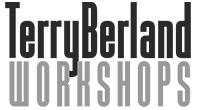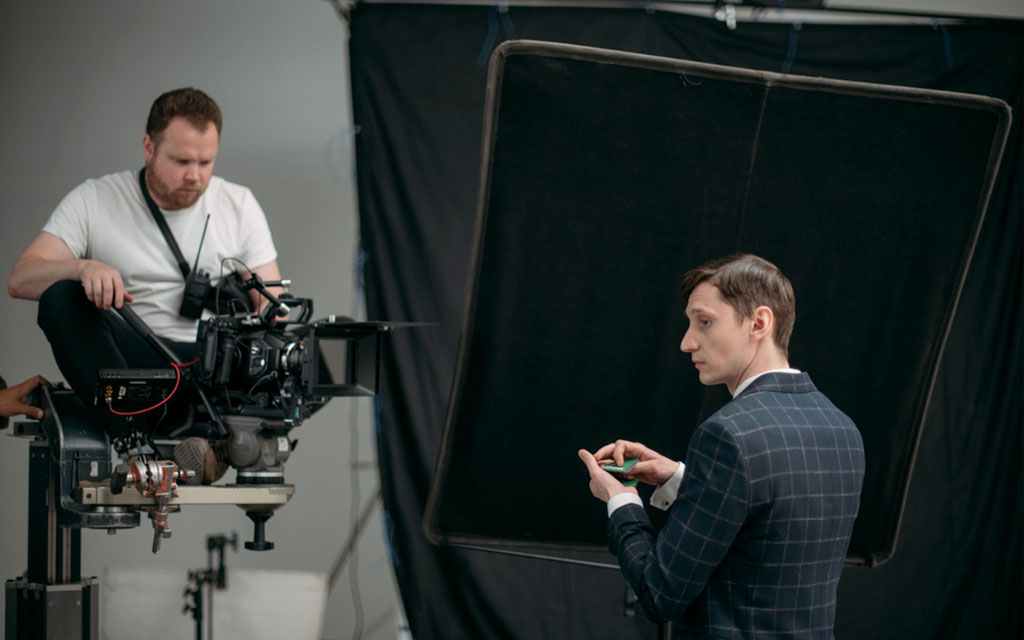Written for Casting Networks News by Terry Berland @berlandcasting.
Photo credit: Shutterstock.com
I’ve been casting for many years and I happily realize that popular opinion has changed regarding the answer to what it means to be a working actor. One of the realities of the internet is that it has diminished boundaries, enabling information to virtually reach a mass number of people. This has resulted in having a broader understanding of many cultures, including unmasking what it takes to be an “everyday” working actor.
Previously the definition of a working actor was pretty black or white. That being, you are working when you book something, are on set, in a TV show or in a film, and then when that gig is over, you were basically looked at as an out of work actor.
The culture of the definition of a working actor has changed and, I believe, gained respect, partly due to the number of videos circulating on the internet of celebrities sharing personal inspirational words, including past struggles and how they overcame negative thoughts.
One such video I watched recently was Michael Keaton/Audition Mindset Acting Tips: https://www.youtube.com/shorts/nKZ7LnVYczI
In this short video Michael stunningly talks about how he changed his mindset regarding what it means to be a working actor. He says he used to focus on the job at the end of the audition, and at some point, he came to a sensational moment which turned his thought process around to understanding that an audition is the job. Therefore, every time he auditioned he was working.
Being moved by this thought-provoking inspirational video, I would like to take this a step further and share what I, and many other casting directors feel is the definition of a working actor.
As acting is a craft that takes on-going nurturing, I feel an actor is a working actor when they are actively working at the craft of being an actor. Which includes the following:
Taking on-going acting classes.
Every week you are delving in and actively honing your craft, working at peeling the layers away to be the best that you can be at any given moment. Acting classes of course, can include theatrical, commercial and voice-over.
Professional photos
Your photos are professionally proper to whichever acting venue you are pursuing. Photos for each venue varies a bit.
Professional resume
Acting resumes are different than business resumes. Whether you are a seasoned actor or transcending from business, high school or college acting, your resume will constantly be changing and updated as you evolve.
You can find examples of acting resumes all over the internet or in my book “Breaking into Commercials” (The Complete Guide To Marketing Yourself, Auditioning To Win, And Getting The Job). Look at several examples of resumes and choose the layout that resonates with you.
Registered on professional industry casting submission sites.
You are registered and actively participating on these sites. That includes being vigilant about submitting for casting calls, confirming casting appointments, self-taping, confirming in a timely manner and going to in-person auditions and callbacks when requested to.
Have the proper equipment to audition.
As many auditions are self-taped make sure you know and have the proper equipment for competitive self-tapes. It is not an expensive proposition.
Have a team behind you.
Have an agent or seek agent representation.
An agent is part of your team. Communicating and feeling in partnership with your agent is important.
Be responsible, knowledgeable about the business.
Keep current and be dependable regarding auditions, avails and bookings.
In a nutshell, you are a working actor being a focused self-employed entrepreneur, putting thought and investment into your career, devoting time maintaining your craft. Actors are no different than all people in their own business who have to prepare, maintain and plan in between paying gigs.
If you want to sharpen up on your commercial acting technique, follow this link to Terry Berland’s Commercial Acting workshop.









